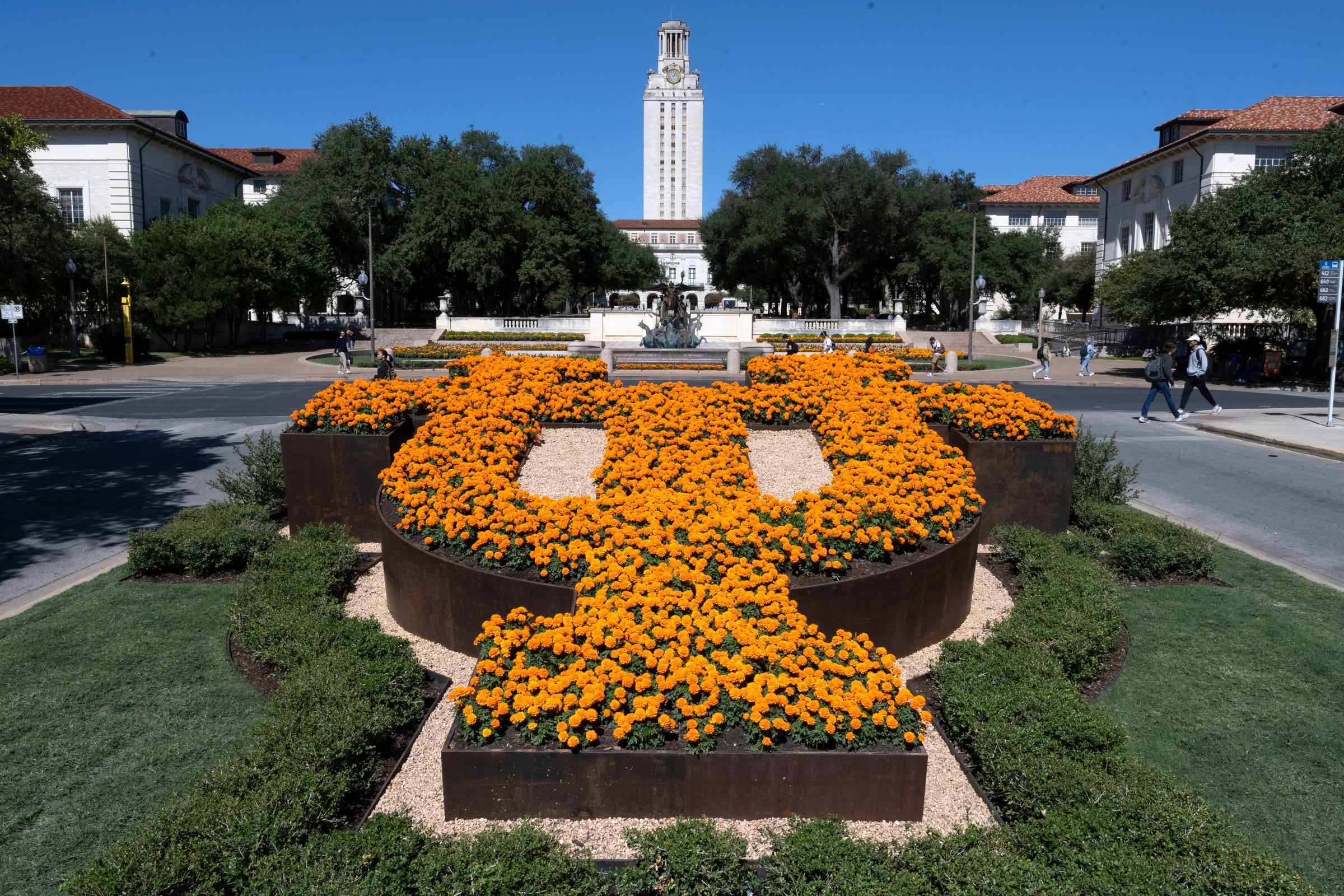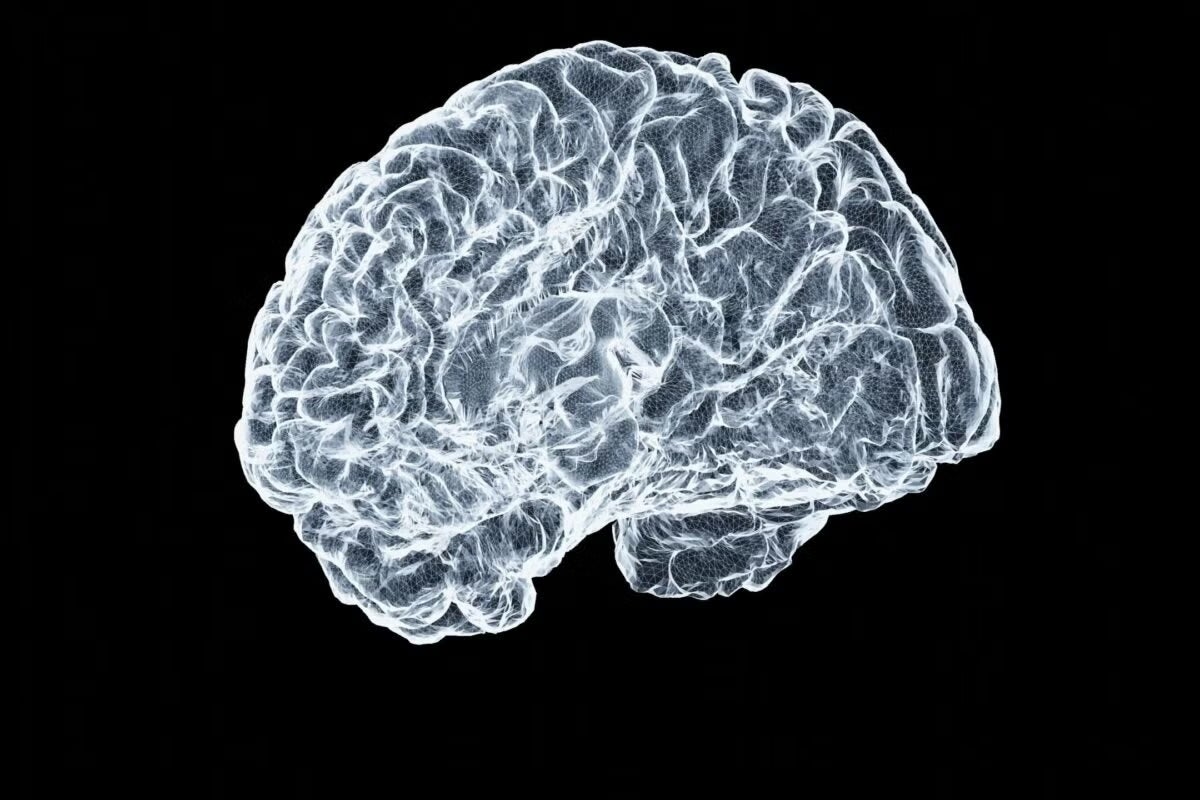Human Development & Family Sciences
Shining a light on the drivers of health and wellbeing throughout the lifespan.


Among the World’s Best Ranked for Family Sciences
Ranked seventh globally by the Center for World University Rankings in family sciences, UT Austin human development and family sciences has extensive impact in research and uplifts individuals, families and communities. From an historic child and family laboratory to a new aging and longevity center, the department provides insights into the nature of human experience over the course of a lifespan. Contributing to the university’s #1 ranking in the sociology of population, our faculty also study variables in people’s experiences, from discrimination and inequities to resilience and progress. They are award-winning teachers and leaders in their fields, leading crucial studies consequential for human health and societal flourishing.

Professors here just love what they’re doing and they demonstrate that every single day. I think, ‘I want to learn what you’re teaching because you’re so passionate about it.’”
Elvira Marquez
Human Development and Family Sciences
Experiences & Careers
Students in HDFS learn beyond the classroom, including through work in the community, in research settings and at internships. Many get involved with the campus lab school or study abroad. They go on to careers in healthcare settings, schools, businesses and community organizations, as well as to professional school and graduate school. Recent grads have job titles like:
- Behavioral therapist
- Project manager
- Human resources administrator
- Community educator
- Youth development associate


Explore Stories
Imagine working on a playground where the interactions of preschoolers are fodder for the study of communication styles in early life. Our students do, and they work with faculty members who are studying newlyweds and families to learn about the impact of big events like COVID-19. Our scientists guide students in learning about complex interactions in schools, communities and families that impact our larger world.
Learning at many levels in the lab school
Studying the impact of COVID-19 in families
Exploring discrimination’s aftermath
Study & Learn
Human development and family sciences (HDFS) focuses on the study of human development, individuals in a family context, relationships and well-being of families, and broader social, community, cultural and policy contexts. Students develop knowledge and understanding about human development and family dynamics through classroom experiences, observation of children and families, research and internships. Below are undergraduate degree options, including honors, and a dedicated graduate program is also available.
Evidence and Inquiry
Human Development & Family Sciences
Human Development & Family Sciences
Human Development & Family Sciences
Honors
Human Development & Family Sciences: Advanced Honors
Human Development & Family Sciences: Honors
Statistics and Data Science Minor
HDFS News

Helping Others Shown To Slow Cognitive Decline
Regular volunteering or helping others outside the home can reduce the rate of cognitive aging by 15-20%.



